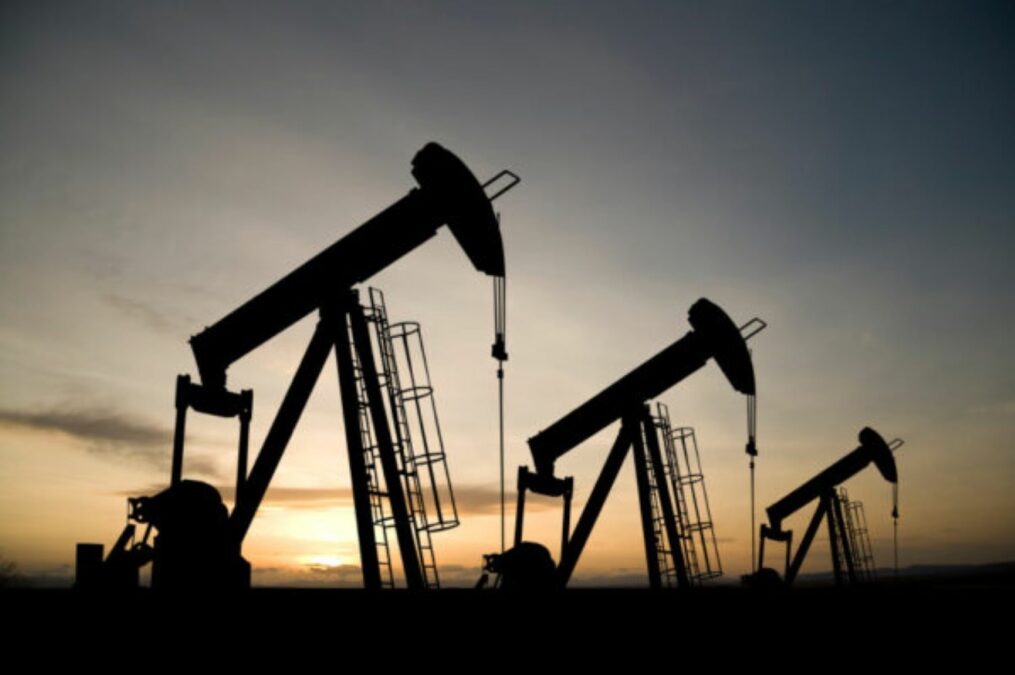Vienna, Austria – The ministerial meeting of the OPEC+ alliance originally scheduled for Sunday in Vienna has been rescheduled to Thursday, the Vienna-based Organization of the Petroleum Exporting Countries (OPEC) announced in a statement on Wednesday.
The 13 OPEC members led by Saudi Arabia and their ten partners led by Russia were due to decide on their output policy amid slumping crude prices.
The OPEC+ announcement caused global crude prices to shed about four percent.
Since peaking in September, world oil prices have plummeted, with Brent currently trading below $80 per barrel.
Traders worry that crude demand will slump, with concerns about the health of the global economy as China’s post-Covid rebound stutters and Europe and the United States battle inflation.
The current output strategy by OPEC+ that saw nine members led by Riyadh to cut production in recent months to boost prices has failed to bring about lasting recovery.
Some analysts have pointed to possible discord between top crude oil producers Saudi Arabia and Russia.
Recently, “the Saudi Arabian energy minister blamed speculators for the oil price slide” rather than weak demand, suggesting that they would likely continue the “restrictive production policy”, said analyst Carsten Fritsch of Commerzbank.
On the other hand, Russian Deputy Prime Minister Alexander Novak said on Wednesday that “current oil prices objectively reflect the current situation”.
“They are at a sufficient level and, therefore, the market is balanced. But we will discuss these issues in detail at the next meeting”, he added, quoted by Russian news agencies.








